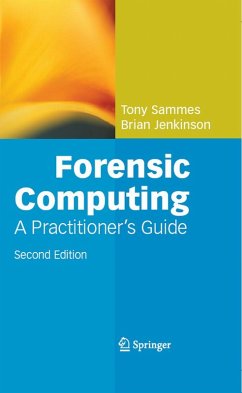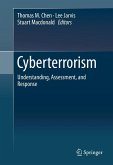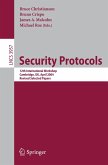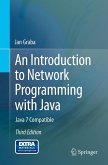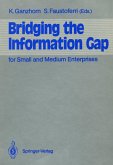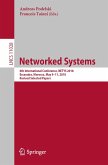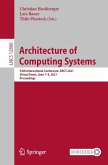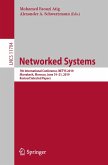In the second edition of this very successful book, Tony Sammes and Brian Jenkinson show how information held in computer systems can be recovered when it has been hidden or subverted by criminals, and give the reader the means to insure that it is accepted as admissible evidence in court. Updated to fall in line with ACPO 2003 guidelines, "Forensic Computing: A Practitioner's Guide" is illustrated with plenty of case studies and worked examples, and will help practitioners and students gain a clear understanding in:
* The principles involved in password protection and data encryption * The evaluation procedures used in circumventing a system's internal security safeguards * Full search and seizure protocols for experts and police officers.
The new volume not only discusses the new file system technologies brought in by Windows XP and 2000 but now also considers modern fast drives, new encryption technologies, the practicalities of "live" analysis, and the problems inherent in examining personal organisers.
Tony Sammes is Professor of Forensic Computing at Cranfield University and the Director of the Centre for Forensic Computing based at the Defence Academy in Shrivenham. His department has been more or less solely responsible for training and educating senior law enforcement officers in the UK in the art of forensic computing. His testimony as an expert witness has been called in a variety of cases, some of national importance.
Brian Jenkinson is a retired Detective Inspector, formally Head of the Cambridgeshire Constabulary Fraud Squad. He is now an independent Forensic Computer Consultant and is alsoclosely involved in teaching to both law enforcement and commercial practitioners. He was appointed Visiting Professor for Forensic Computing in 2002 at Cranfield University and the Defence Academy.
Dieser Download kann aus rechtlichen Gründen nur mit Rechnungsadresse in A, B, BG, CY, CZ, D, DK, EW, E, FIN, F, GR, HR, H, IRL, I, LT, L, LR, M, NL, PL, P, R, S, SLO, SK ausgeliefert werden.

